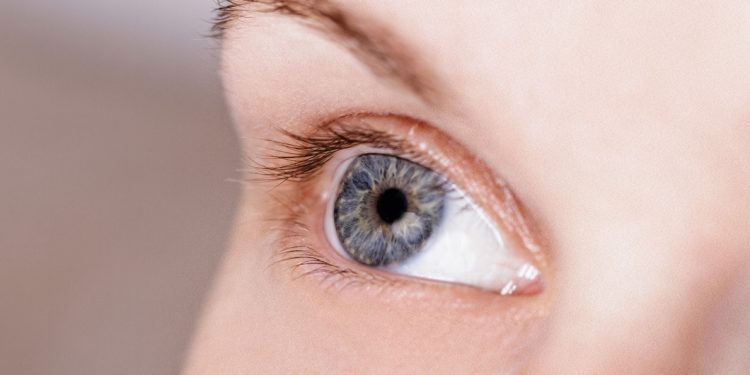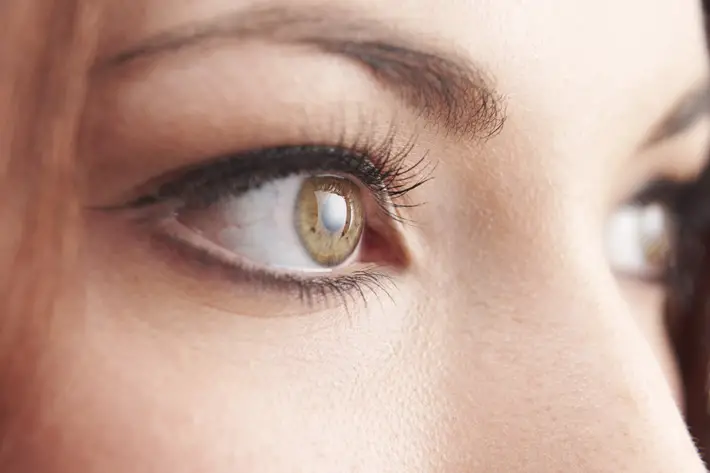Cataracts: How to Minimise the Risk of Developing Them

Eyesight is a sense that a vast majority of us take for granted. With relatively modern interventions, from glasses and contact lenses to laser eye and other refractive surgeries, more of us are able to see perfectly than ever before. As such, when something goes wrong with our eyes it can be an incredibly stressful experience. One common condition is cataracts – but the risk of developing them can be minimised.
What are Cataracts?
Cataracts are a common malady that affects the lens of the eye. The symptoms of cataracts are progressively cloudier vision, difficulty seeing in low light and difficulty coping with bright lights. These symptoms are a result of the proteins that make up your eye’s lens breaking down and collecting to form a cloudy mass that obscures your vision.
How Do Cataracts Develop?
There is no one triggering event that results in the development of cataracts. They are typically considered an age-related condition and one which can develop organically, simply as a result of time passing. But this isn’t to say that there aren’t approaches you can take in order to reduce the likelihood of developing them.
Indeed, there are a number of mitigating factors which can contribute to a higher overall likelihood of developing them as you age, from alcohol consumption to sunlight exposure and beyond. Likewise, there are numerous ways in which you can take better care of your eyes, which can have beneficial effects in the long term.
Looking After Your Eyes
General Eye Care
For starters, any behaviours or bad habits that could introduce foreign pathogens or materials to your eye should be monitored and mitigated; increased infection risks could lead to eye damage and increased risk of cataracts. For example, if you wear contact lenses you should make sure you wash your hands before you put them in.
Adopting a Healthy Diet
There are some studies that suggest your food and drink intake can affect your risk of developing cataracts – both negatively and positively, depending on the food or drink. Alcohol is believed to increase the risk, meaning limiting your intake could give you a better chance of avoiding cataracts.
Meanwhile, vitamins C and E have been linked to increased eye health; ensuring your diet is rich in these vitamins can give you a better chance of maintaining your eyesight into later life.
Wearing Sunglasses
The harmful nature of the sun’s rays is now common knowledge, with sunscreen and UV-blocking skincare products ubiquitous in the summer months. But the same UV rays that pose a risk to your skin also pose a risk to your eyesight; UV-B specifically can speed up the denaturing of proteins in your lens – the primary cause of cataracts. Wearing sunglasses of an appropriate strength can help reduce the damage caused by the sun, and keep you cataract-free for longer.










